| Rus | Eng |

ACS Meetings organizes two of the most respected scientific meetings in the world. American National Meetings offer scientific professionals a legitimate platform to present, publish, discuss and exhibit the most exciting research discoveries and technologies in chemistry and its related disciplines.
247th ACS National Meeting and Exposition facilitated networking opportunities, career development and placement, and provided companies an opportunity to exhibit products and services to a targeted audience.
The Exposition gave attendees the chance to meet more than 250 exhibitors, many of whom were showcasing new technological developments. A number of exhibitors also offered free workshops during the meeting so attendees had possibility to learn more about that state-of-the-art technologies.
PM Session: Nanomaterials for Energy, March 17, 2014 at the Dallas Convention Center
More than 100 ACS National Meeting attendees at each talk during "Nanomaterials for Energy" joint session on March 17, 2014 at the Dallas Convention Center, hosted by ACS Nano and Nano Letters journals.
At that session Yury Gogotsi presented "2D carbides and carbonitrides: A new family of materials for electrochemical energy storage".
2D carbides and carbonitrides: A new family of materials for electrochemical energy storage
Yury Gogotsi, Этот e-mail адрес защищен от спам-ботов, для его просмотра у Вас должен быть включен Javascript , Department of Materials Science and Engineering, Drexel University, Philadelphia, PA 19104, United States
Abstract
Recently a new, large family of two-dimensional (2D) early transition metal carbides and carbonitrides, called MXenes, was discovered. They were produced by selective etching of Al from layered ternary transition metal carbides and/or nitrides so called MAX phases. So far, the following MXenes have been synthesized: Ti3C2, Ti2C, Nb2C, V2C, (Ti0.5,Nb0.5)2C, (V0.5,Cr0.5)3C2, Ti3CN, Ta4C3, and Nb4C3. In addition, many others are expected to exist, according to DFT calculations.
MXenes combine the metallic conductivity of transition metal carbide layers with the hydrophilic nature of their hydroxyl or oxygen terminated surfaces. In essence, they behave as “conductive clays”. They are expected to be good candidates for a host of applications. They have already shown promising performance in electrochemical energy storage systems. For example, flexible additive-free electrodes of delaminated Ti3C2 showed a reversible capacity of 410 mAhg-1 at 1 C rate and 110 mAhg-1 at 36 C in Li-ion battery anode tests.
This excellent capability to handle high cycling rates suggests MXenes to be used also in Li-ion capacitors and supercapacitors. Reversible capacities – stable for more than 10,000 cycles - of more than 330 F/cm3 were achieved when those additive-free Ti3C2based electrodes were tested in a KOH electrolyte, using a current of 1 A/g. Herein we report on the recent progress in the synthesis of MXenes, their properties, and their performance in both lithium ion batteries and electrochemical capacitors.
References:
(1) Naguib, M.; Mochalin, V.N.; Barsoum, M.W.; Gogotsi, Y., MXenes: A New Family of Two-Dimensional Materials, Adv. Mater. 2013, DOI: 10.1002/adma.201304138.
(2) Naguib, M.; Kurtoglu, M.; Presser, V.; Lu, J.; Niu, J.; Heon, M.; Hultman, L.; Gogotsi, Y.; Barsoum, M. W. Adv. Mater. 2011, 23, 4248.
(3) Naguib,M.; Mashtalir,O.; Carle, J.; Presser, V.; Lu, J.; Hultman, L.; Gogotsi, Y.; Barsoum, M. W. ACS Nano2012, 6, 1322.
(4) Naguib, M.; Halim, J.; Lu, J.; Cook, K; Hultman, L.; Gogotsi, Y.; and Barsoum, M.W., New Two-Dimensional Niobium and Vanadium Carbides as Promising Materials for Li-ion Batteries, J. Am. Chem. Soc.2013, DOI: 10.1021/ja405735d.
(5) Naguib, M.; Come, J.; Dyatkin, B.; Presser, V.; Taberna, P.-L.; Simon, P.; Barsoum, M.W.; Gogotsi, Y. Electrochem. Commun. 2012, 16, 61.
(6) Come, J.; Naguib, M.; Rozier, P.; Barsoum, M. W.; Gogotsi, Y.; Taberna, P.-L.; Morcrette, M.; Simon, P. J. Electrochem. Soc. 2012, 159, A1368.
(7) Mashtalir, O.; Naguib, M.; Mochalin, V. N.; Dall'Agnese, Y.; Heon, M.; Barsoum, M. W.; Gogotsi, Y. Nat. Commun.2013, 4, 1716.
(8) Lukatskaya, M. R.; Mashtalir, O.; Ren, C. E.; Dall'Agnese, Y.; Rozier, P.; Taberna, P. L.; Naguib, M.; Simon, P.; Barsoum, M. W.; Gogotsi, Y. Science 2013, 341, 1502.
Source: www.acs.org


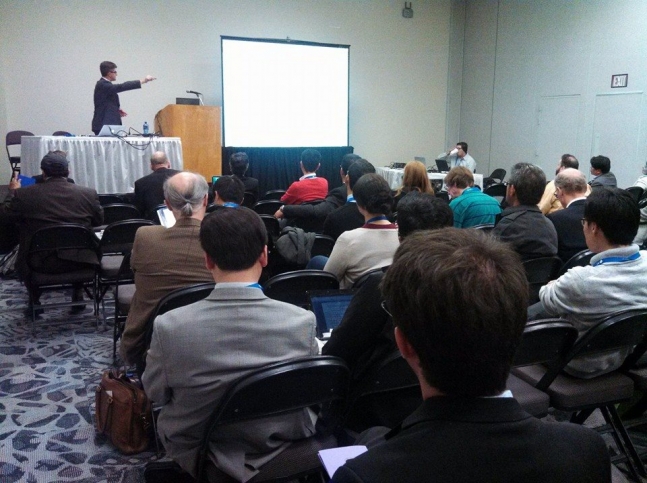

 Highlights
Highlights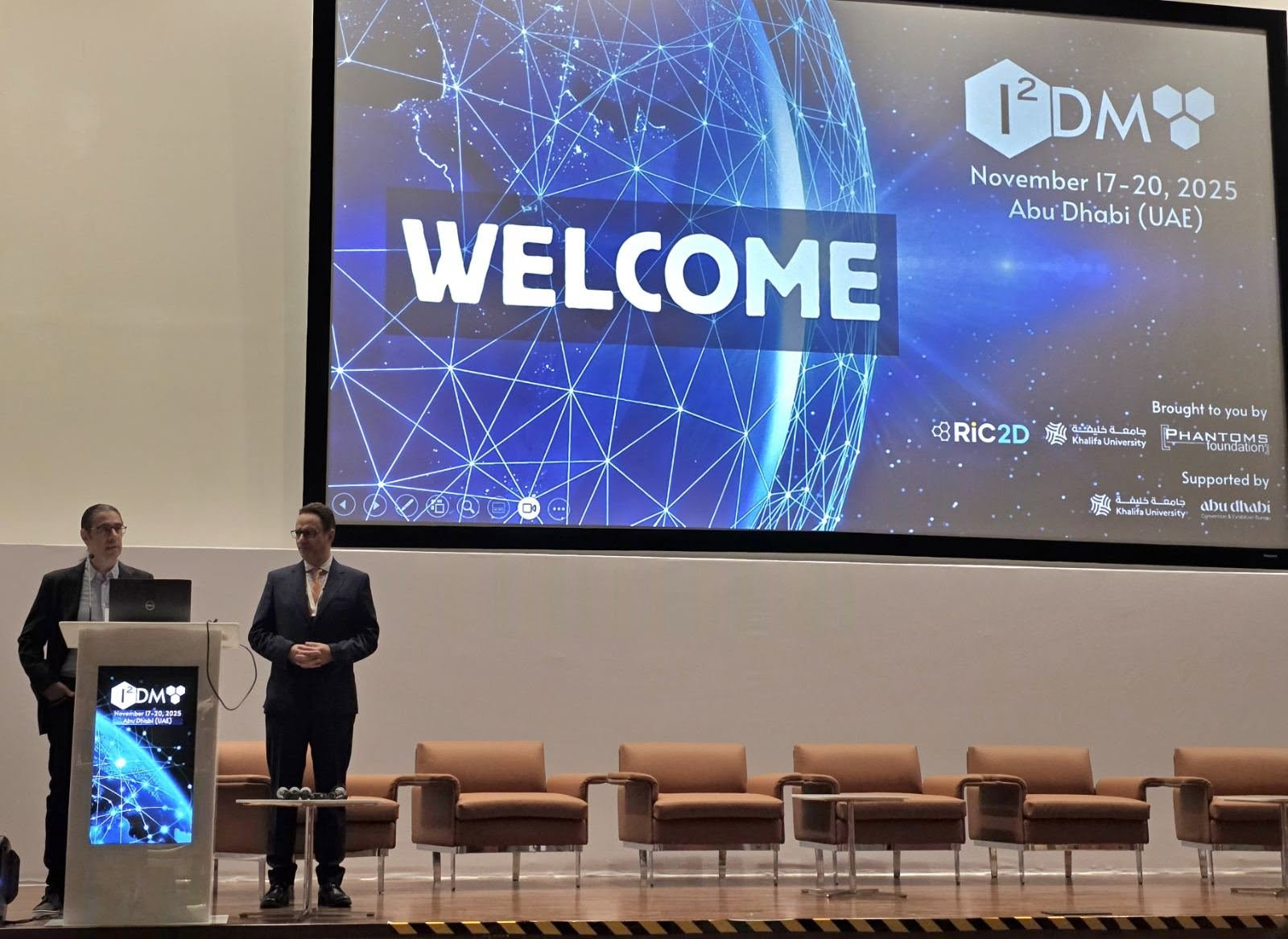 We are excited to share that our Carbon-Ukraine (Y-Carbon LLC) company participated in the I2DM Summit and Expo 2025 at Khalifa University in Abu-Dhabi! Huge thanks to Research & Innovation Center for Graphene and 2D Materials (RIC2D) for hosting such a high-level event.It was an incredible opportunity to meet brilliant researchers and innovators working on the next generation of 2D materials. The insights and energy from the summit will definitely drive new ideas in our own development.
We are excited to share that our Carbon-Ukraine (Y-Carbon LLC) company participated in the I2DM Summit and Expo 2025 at Khalifa University in Abu-Dhabi! Huge thanks to Research & Innovation Center for Graphene and 2D Materials (RIC2D) for hosting such a high-level event.It was an incredible opportunity to meet brilliant researchers and innovators working on the next generation of 2D materials. The insights and energy from the summit will definitely drive new ideas in our own development. Carbon-Ukraine team had the unique opportunity to visit XPANCEO - a Dubai-based deep tech startup company that is developing the first smart contact lenses with AR vision and health monitoring features, working on truly cutting-edge developments.
Carbon-Ukraine team had the unique opportunity to visit XPANCEO - a Dubai-based deep tech startup company that is developing the first smart contact lenses with AR vision and health monitoring features, working on truly cutting-edge developments. Our Carbon-Ukraine team (Y-Carbon LLC) are thrilled to start a new RIC2D project MX-Innovation in collaboration with Drexel University Yury Gogotsi and Khalifa University! Amazing lab tours to project collaborators from Khalifa University, great discussions, strong networking, and a wonderful platform for future collaboration.
Our Carbon-Ukraine team (Y-Carbon LLC) are thrilled to start a new RIC2D project MX-Innovation in collaboration with Drexel University Yury Gogotsi and Khalifa University! Amazing lab tours to project collaborators from Khalifa University, great discussions, strong networking, and a wonderful platform for future collaboration.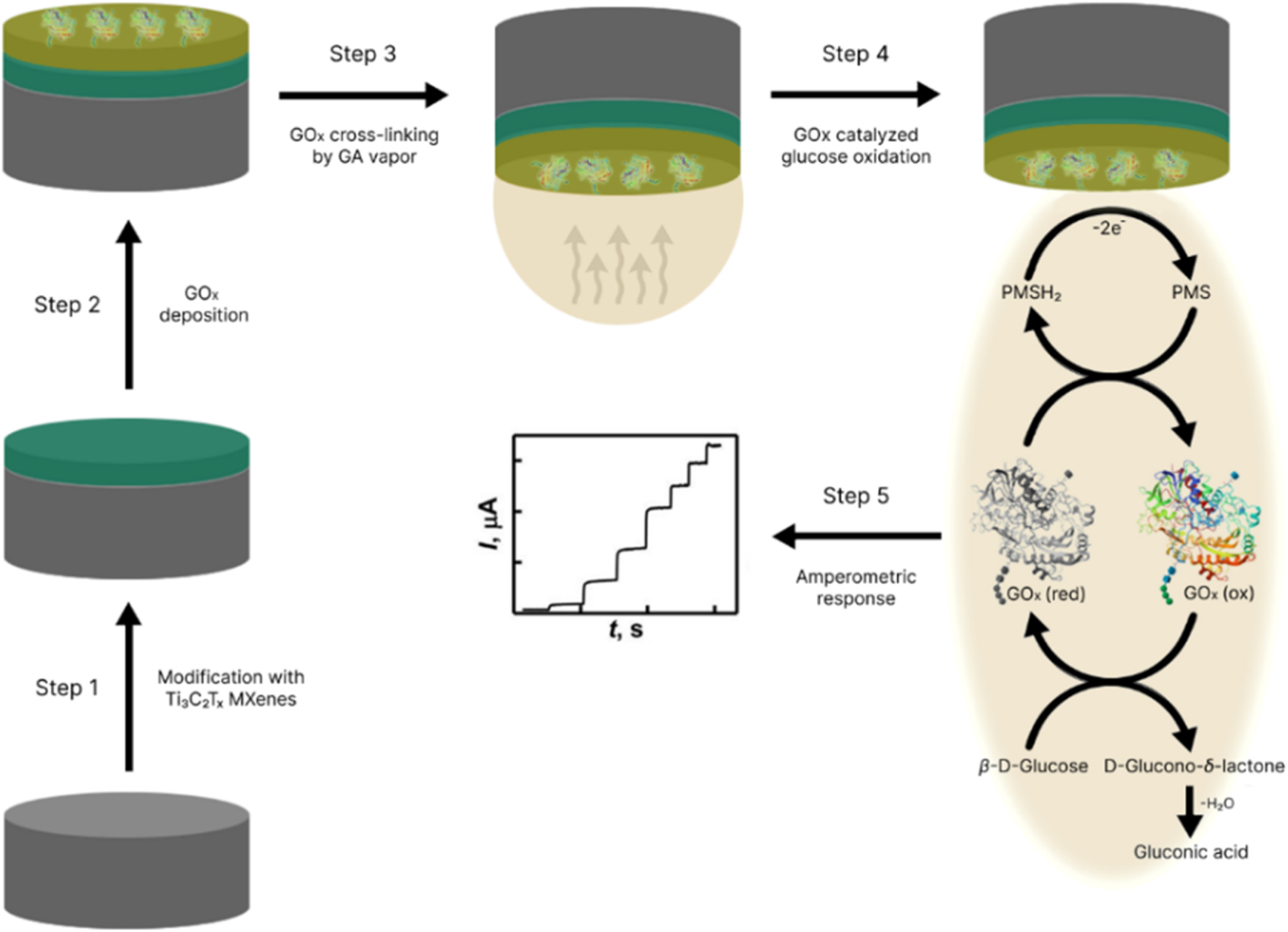
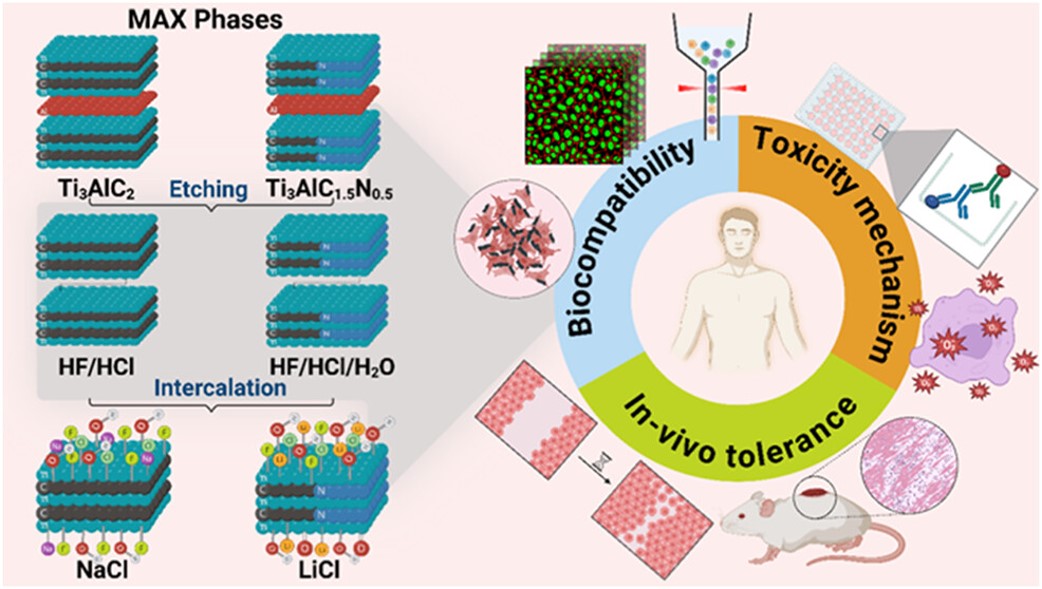 MXenes potential applications include sensors, wound healing materials, and drug delivery systems. A recent study explored how different synthesis methods affect the safety and performance of MXenes. By comparing etching conditions and intercalation strategies, researchers discovered that fine-tuning the surface chemistry of MXenes plays a crucial role in improving biocompatibility. These results provide practical guidelines for developing safer MXenes and bring the field one step closer to real biomedical applications.
MXenes potential applications include sensors, wound healing materials, and drug delivery systems. A recent study explored how different synthesis methods affect the safety and performance of MXenes. By comparing etching conditions and intercalation strategies, researchers discovered that fine-tuning the surface chemistry of MXenes plays a crucial role in improving biocompatibility. These results provide practical guidelines for developing safer MXenes and bring the field one step closer to real biomedical applications. An excellent review highlighting how MXene-based sensors can help tackle one of today’s pressing environmental challenges — heavy metal contamination. Excited to see such impactful work moving the field of environmental monitoring and sensor technology forward!
An excellent review highlighting how MXene-based sensors can help tackle one of today’s pressing environmental challenges — heavy metal contamination. Excited to see such impactful work moving the field of environmental monitoring and sensor technology forward!
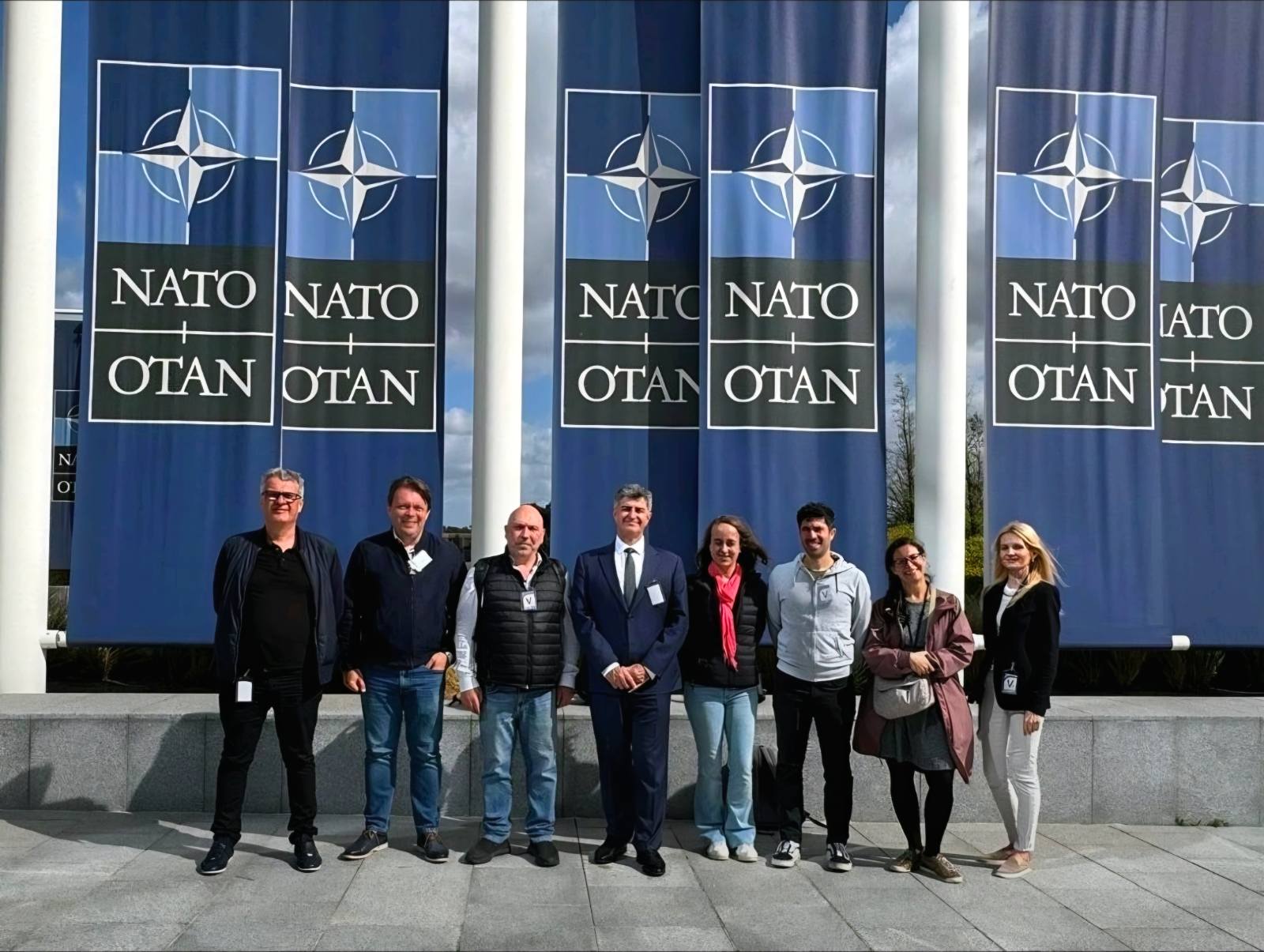 Carbon-Ukraine team was truly delighted to take part in the kickoff meeting of the ATHENA Project (Advanced Digital Engineering Methods to Design MXene-based Nanocomposites for Electro-Magnetic Interference Shielding in Space), supported by NATO through the Science for Peace and Security Programme.
Carbon-Ukraine team was truly delighted to take part in the kickoff meeting of the ATHENA Project (Advanced Digital Engineering Methods to Design MXene-based Nanocomposites for Electro-Magnetic Interference Shielding in Space), supported by NATO through the Science for Peace and Security Programme.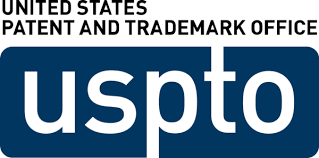 Exellent news, our joint patent application with Drexel University on highly porous MAX phase precursor for MXene synthesis published. Congratulations and thanks to all team involved!
Exellent news, our joint patent application with Drexel University on highly porous MAX phase precursor for MXene synthesis published. Congratulations and thanks to all team involved!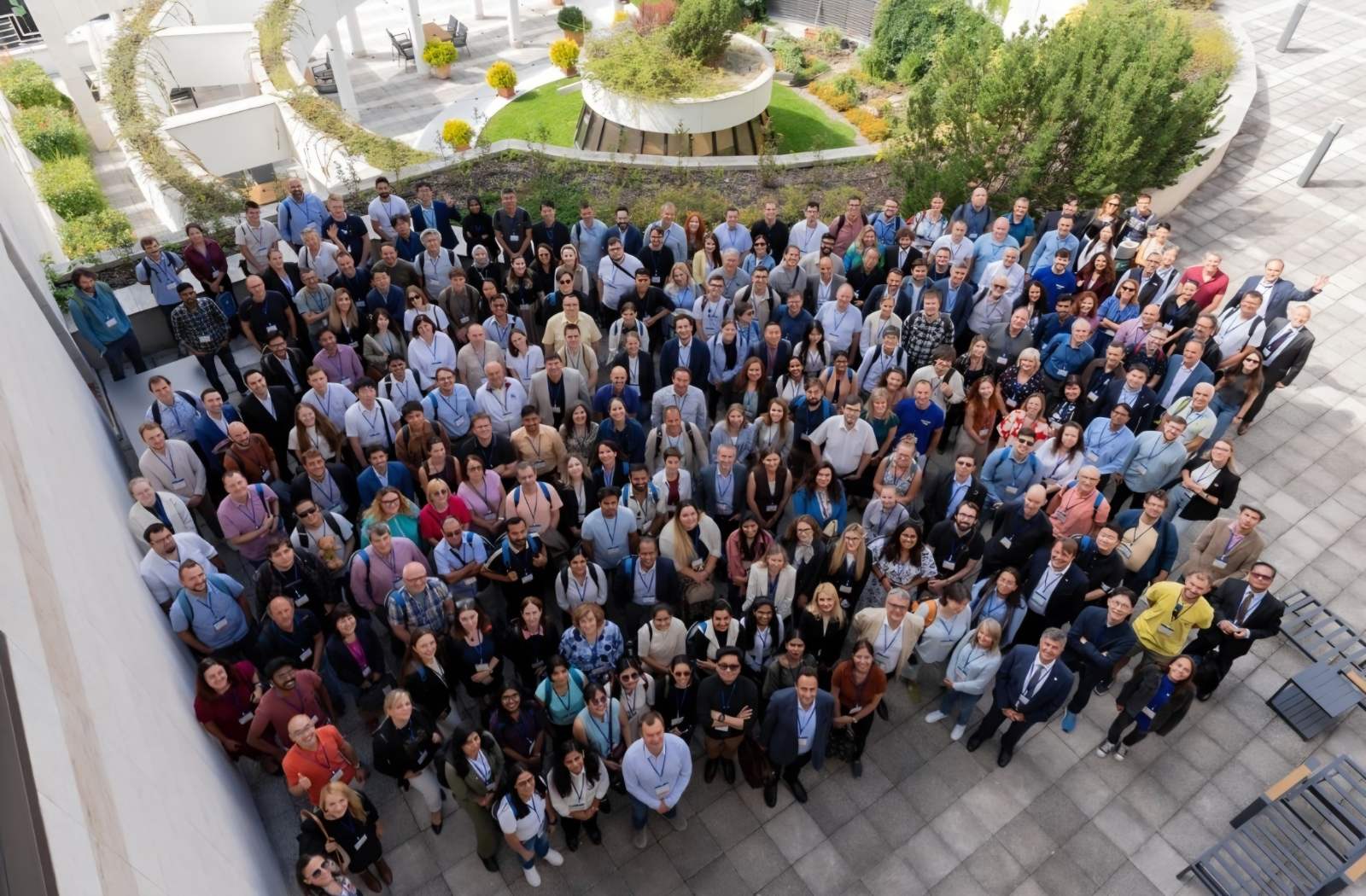 Our team was very delighted to take part in International Symposium "The MXene Frontier: Transformative Nanomaterials Shaping the Future" – the largest MXene event in Europe this year!
Our team was very delighted to take part in International Symposium "The MXene Frontier: Transformative Nanomaterials Shaping the Future" – the largest MXene event in Europe this year!  Last Call! Have you submitted your abstract for IEEE NAP-2025 yet? Join us at the International Symposium on "The MXene Frontier: Transformative Nanomaterials Shaping the Future" – the largest MXene-focused conference in Europe this year! Final Submission Deadline: May 15, 2025. Don’t miss this exclusive opportunity to showcase your research and engage with world leaders in the MXene field!
Last Call! Have you submitted your abstract for IEEE NAP-2025 yet? Join us at the International Symposium on "The MXene Frontier: Transformative Nanomaterials Shaping the Future" – the largest MXene-focused conference in Europe this year! Final Submission Deadline: May 15, 2025. Don’t miss this exclusive opportunity to showcase your research and engage with world leaders in the MXene field!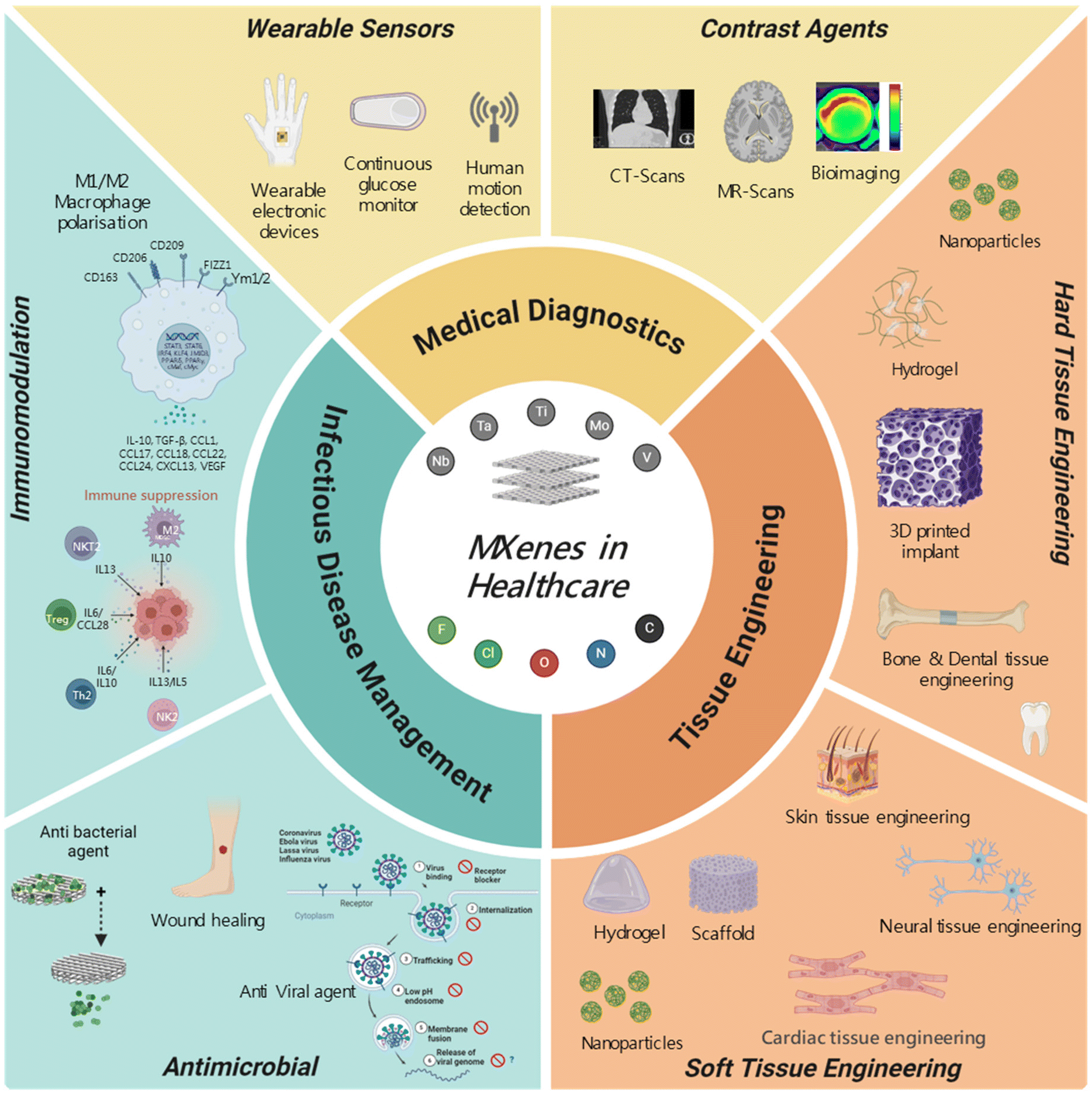 We are excited to announce the publication of latest review article on MXenes in Healthcare. This comprehensive review explores the groundbreaking role of MXenes—an emerging class of 2D materials—in revolutionizing the fields of medical diagnostics and therapeutics. Read the full article here: https://doi.org/10.1039/D4NR04853A.
We are excited to announce the publication of latest review article on MXenes in Healthcare. This comprehensive review explores the groundbreaking role of MXenes—an emerging class of 2D materials—in revolutionizing the fields of medical diagnostics and therapeutics. Read the full article here: https://doi.org/10.1039/D4NR04853A.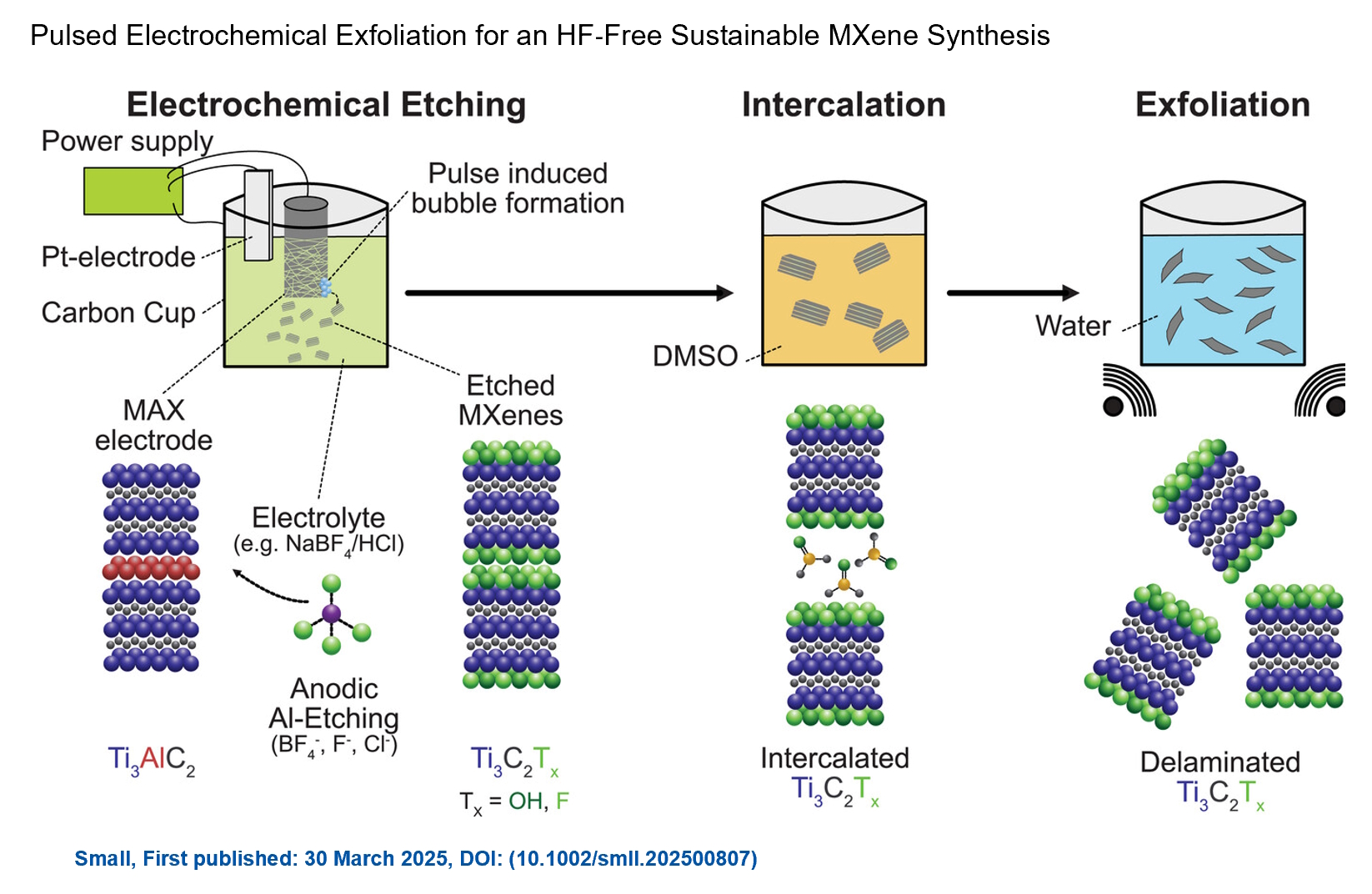 Congratulations and thank you to our collaborators from TU Wien and CEST for very interesting work and making it published! In this work, an upscalable electrochemical MXene synthesis is presented. Yields of up to 60% electrochemical MXene (EC-MXene) with no byproducts from a single exfoliation cycle are achieved.
Congratulations and thank you to our collaborators from TU Wien and CEST for very interesting work and making it published! In this work, an upscalable electrochemical MXene synthesis is presented. Yields of up to 60% electrochemical MXene (EC-MXene) with no byproducts from a single exfoliation cycle are achieved. Congratulations to all collaborators with this interesting joint work!
Congratulations to all collaborators with this interesting joint work!